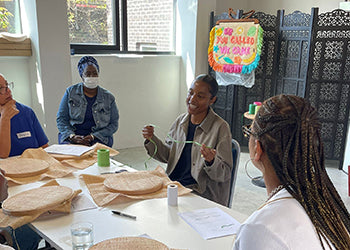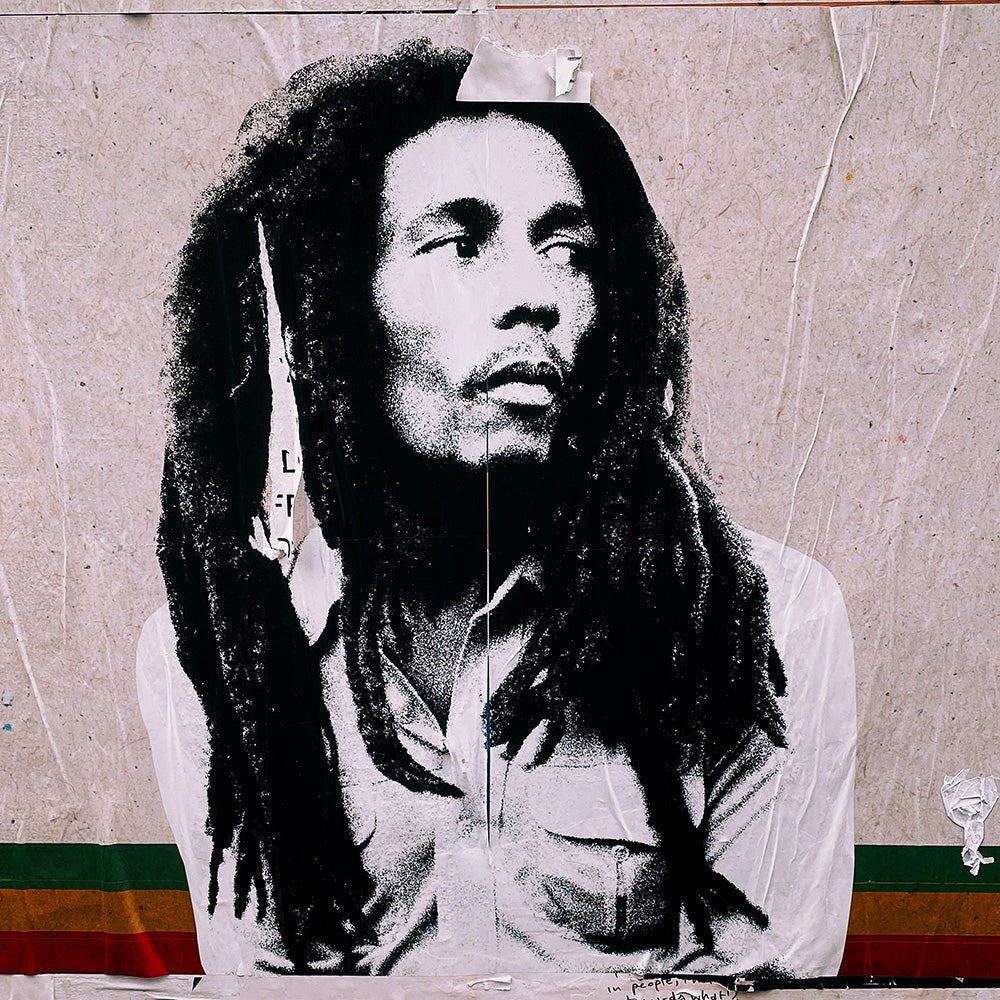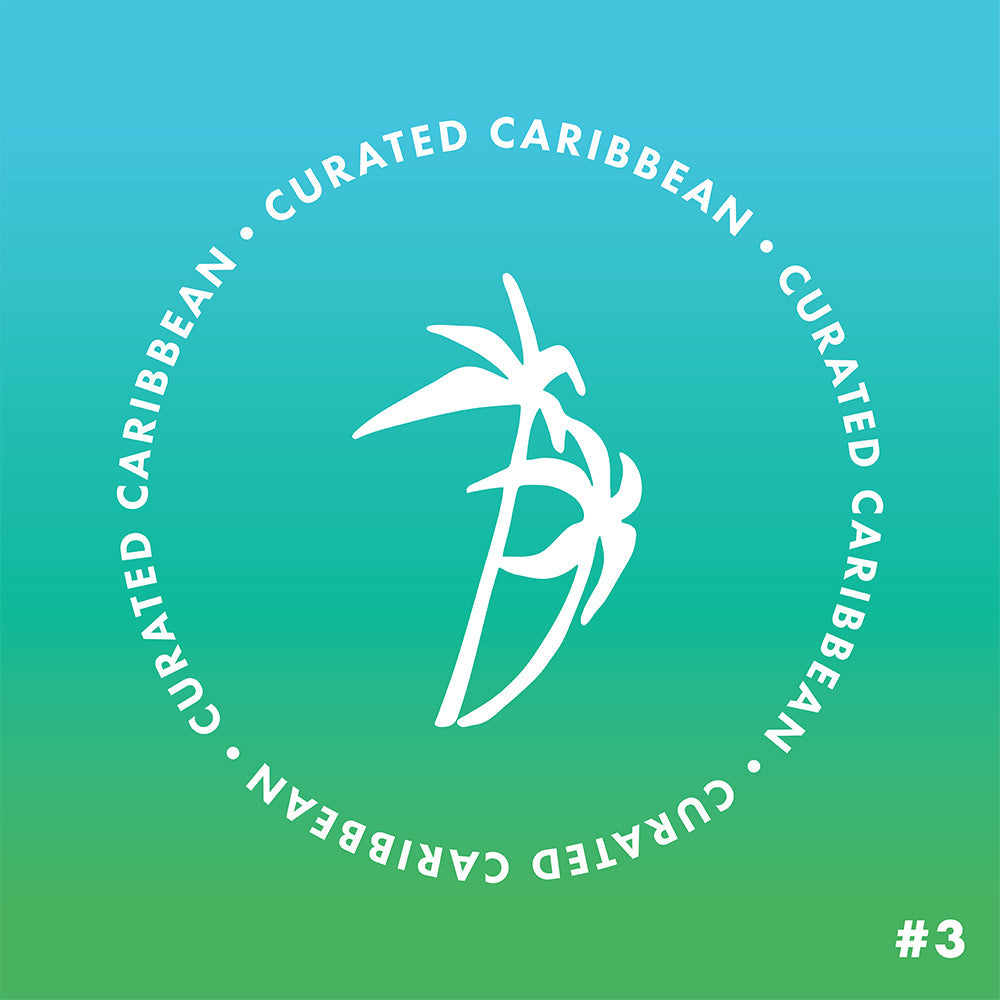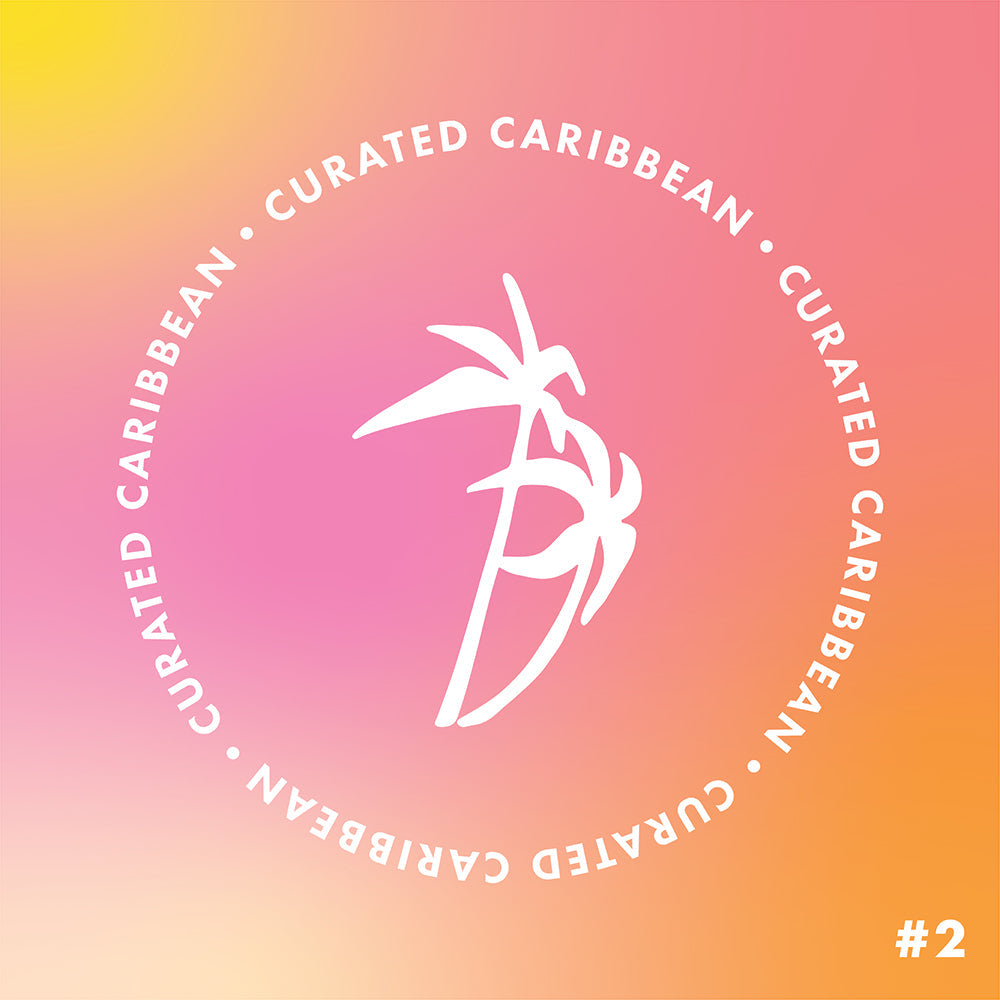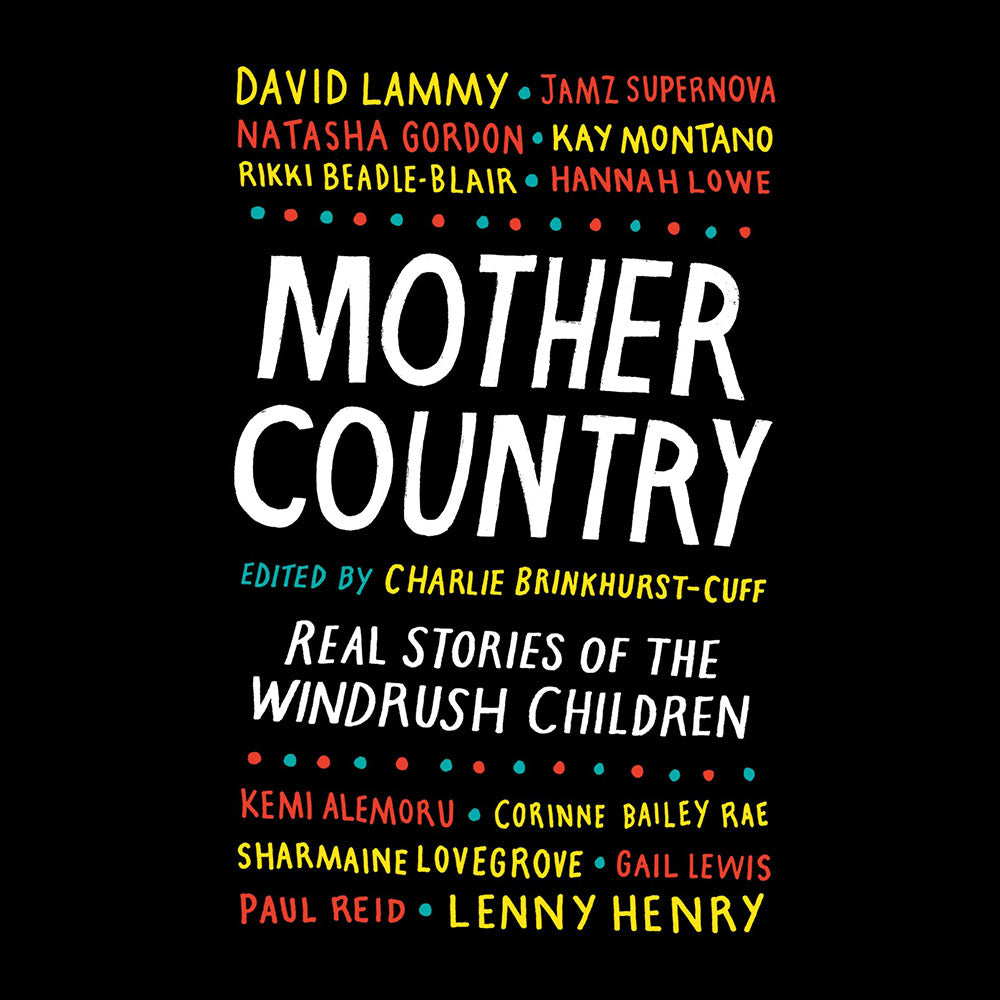
With Windrush Day 2020 just around the corner, I thought it was the perfect time to throwback to 2018, the year that ‘Mother Country: Real Stories of the Windrush Children’ by Charlie Brinkhurst-Cuff was published. Charlie’s book explores the experiences of the Windrush Generation and that of their children and grandchildren. Through 22 different stories, Charlie highlights the real-life highs and lows of the Windrush Generation. My Grandad was one of the people interviewed in the book.
For anyone that’s new to my brand, my grandparents and my Caribbean heritage is a huge source of inspiration for my creative work. My graduate collection that I created in my final year of my fashion design degree at the University of the Creative Arts was inspired by my Grandad’s experience coming from the Caribbean island of St Lucia to the UK in the 1950s.
What is the Windrush Generation?
The Windrush Generation is the name that has been given to the Caribbean people who migrated to the UK between 1948 and 1971. Named after one of the first ships that arrived to Britain in 1948, the Empire Windrush that carried almost 500 passengers from Jamaica, Trinidad and Tobago and other Caribbean islands. In 1948, Britain was still recovering from the destruction of World War 2 and needed help to rebuild the country and fill job shortages in several industries such as manufacturing, construction, transport and the National Health Service (NHS). The British government actively encouraged and invited Caribbean men and women to come to the UK to work.
The Mother Country?
At the time, many of the Caribbean islands were still British colonies including Jamaica, Barbados and St Lucia. It was only in the late 20th century that some Caribbean islands got their independence. St Kitts and Nevis, for example, only gained their independence in 1983. In school, Caribbean children were taught they were British citizens. Britain was referred to as ‘The Motherland’ or ‘Mother Country’. So, when deciding to travel to Britain in search of jobs and opportunities, the Windrush Generation thought they would be welcomed with open arms.
Unfortunately, many of the Caribbean people did not receive a warm welcome upon their arrival to Britain. They were met with racism and discriminatory attitudes. Many of them found it difficult to find accommodation and sometimes found it hard to find jobs as some people didn’t want black people to work for them. When they did find work, they were often only considered for undesirable jobs such as cleaning and manual labour despite around half of the Caribbean men that arrived to Britain having experience in highly skilled jobs.
In spite of the difficulty that they faced, the Windrush Generation worked hard building a life for themselves and their families in Britain. Not only were they instrumental in the rebuilding of the British economy in the post war era, they also contributed heavily to British society as we know it today, especially in major cities like London, Bristol and Birmingham. From music, fashion, politics, literature and television you can find descendants of the Windrush Generation in various areas of society.



